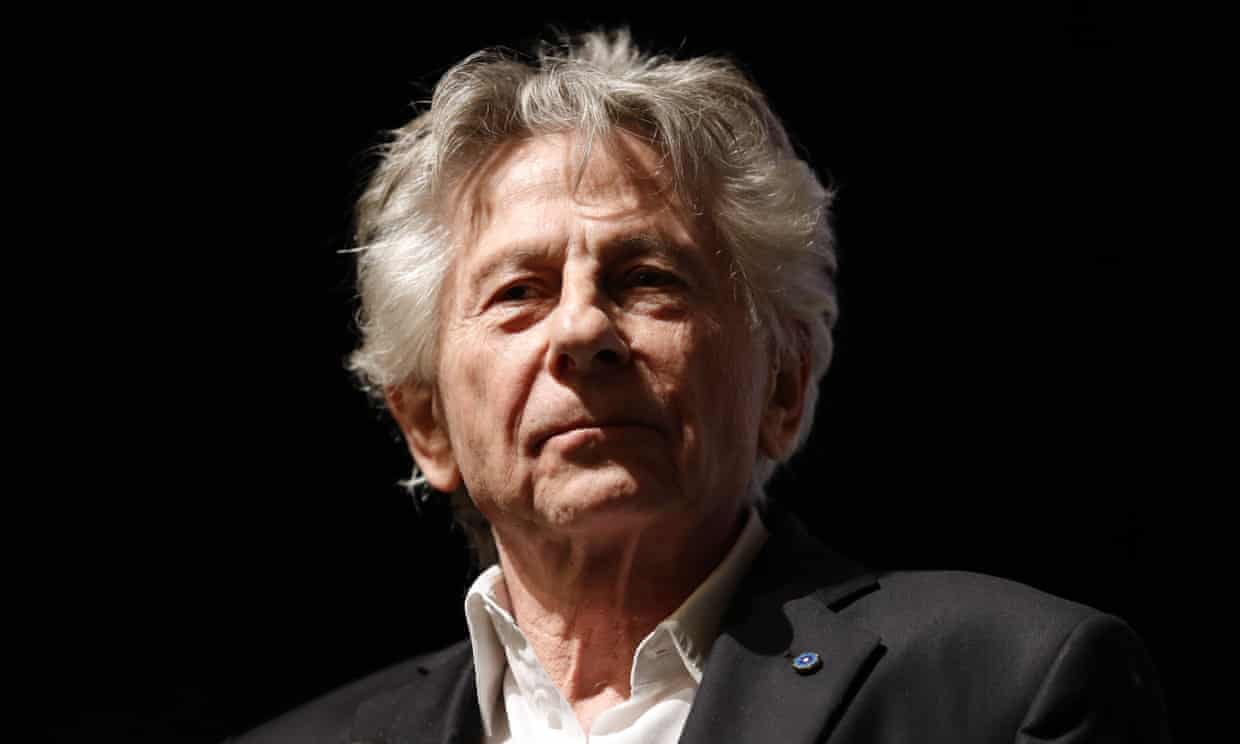
Roman Polanski
Leadership of 'French Oscars' resigns amid Polanski controversy
The French film academy says unanimous resignation was to honour the film-makers and ‘regain calm’ of the festival
by Jon HenleyThe entire board of the César awards, France’s equivalent of the Oscars, has resigned two weeks before its gala ceremony amid growing controversy over the French-Polish director Roman Polanski, whose film An Officer and a Spy leads the 2020 nominations.
More than 400 actors, producers, directors and film personalities had demanded “profound reform” of the César academy, denouncing its dysfunction and the opaqueness of its processes, in an open letter published on Wednesday.
On Thursday evening the academy said the board had “unanimously decided to resign … to honour those men and women who made cinema happen in 2019, to find calm and ensure that the festival of film remains just that, a festival. This collective decision will allow complete renewal of the board.”
The academy has come under intense criticism after Polanski’s film about Alfred Dreyfus, the Jewish French army officer accused of spying for Germany and unjustly convicted of treason in the 1890s, garnered 12 nominations for the awards, due to be presented on 28 February.
The Paris-born director fled from the US to France in 1978 after admitting the statutory rape of a 13-year-old girl and has been a fugitive from the US justice system ever since, despite repeated attempts to have him extradited.
The inclusion of his film – titled J’accuse in France – on the Césars’ shortlist was condemned by France’s equality minister, women’s groups and film critics alike.
The head of the academy, Alain Terzian, accused of autocratic behaviour by his many critics, brushed aside the complaints, saying the academy “should not take moral positions” about giving awards, but French feminist groups have urged César voters to boycott Polanski’s film and called for a protest outside the award ceremony, to be held in Paris’s Salle Pleyel auditorium.
“When we mobilise, things happen!”, the feminist collective Nous Toutes (All Of Us) tweeted. Another group, Osez le féminisme! (Dare Feminism), said: “Imagine what’s next. A new voting panel without male self-confidence, opacity and sexism. Will we finally stop applauding rapists and paedophiles on the run?”
The academy said a general meeting would be held after this year’s awards ceremony to elect a new board and management to work on implementing reforms and modernisation. It had already announced a series of measures to boost female representation: barely 35% of its nearly 5,000 members are women.
The signatories of the open letter include the directors Jacques Audiard (The Beat That My Heart Skipped), Michel Hazanavicius (The Artist), Cédric Klapisch (The Spanish Apartment) and Bertrand Tavernier, as well as the actors Omar Sy, Bérénice Bejo, Chiara Mastroianni, Ludivine Sagnier, Karin Viard and Roschdy Zem.
While it made no mention of the Polanski controversy, it complained that the founding statutes of the Césars had not changed in decades and that the academy’s members had no real say in its decisions or in the running of the ceremony.
The academy’s board said in response that it would ask the national cinema centre – part of the culture ministry – to appoint a mediator to oversee a “root and branch reform” of its statutes and governance.
The accusations against Polanski long pre-date the scandal that engulfed the Hollywood film producer Harvey Weinstein in 2017, but the subsequent #MeToo movement against sexual harassment and abuse has refocused attention on the director’s past.
The French film industry has also been severely shaken by recent allegations by Adèle Haenel, nominated for best female actor for her role in Portrait of a Lady on Fire, that she was sexually harassed and assaulted from the age of 12 by the director Christophe Ruggia on her first film. Ruggia, who was charged with sexual assault on a minor last month, denies the allegations.
Polanski, who was expelled from the Academy of Motion Picture Arts and Sciences in 2018, launched J’Accuse in France last year days after a French photographer, Valentine Monnier, accused him of raping her in a Swiss ski resort when she was a teenager.
The accusation, which Polanski, now 86, denies, sparked a further backlash against the film, with some screenings cancelled. Despite this, An Officer and a Spy did well at the box office in France, with more than 1.5m ticket sales.